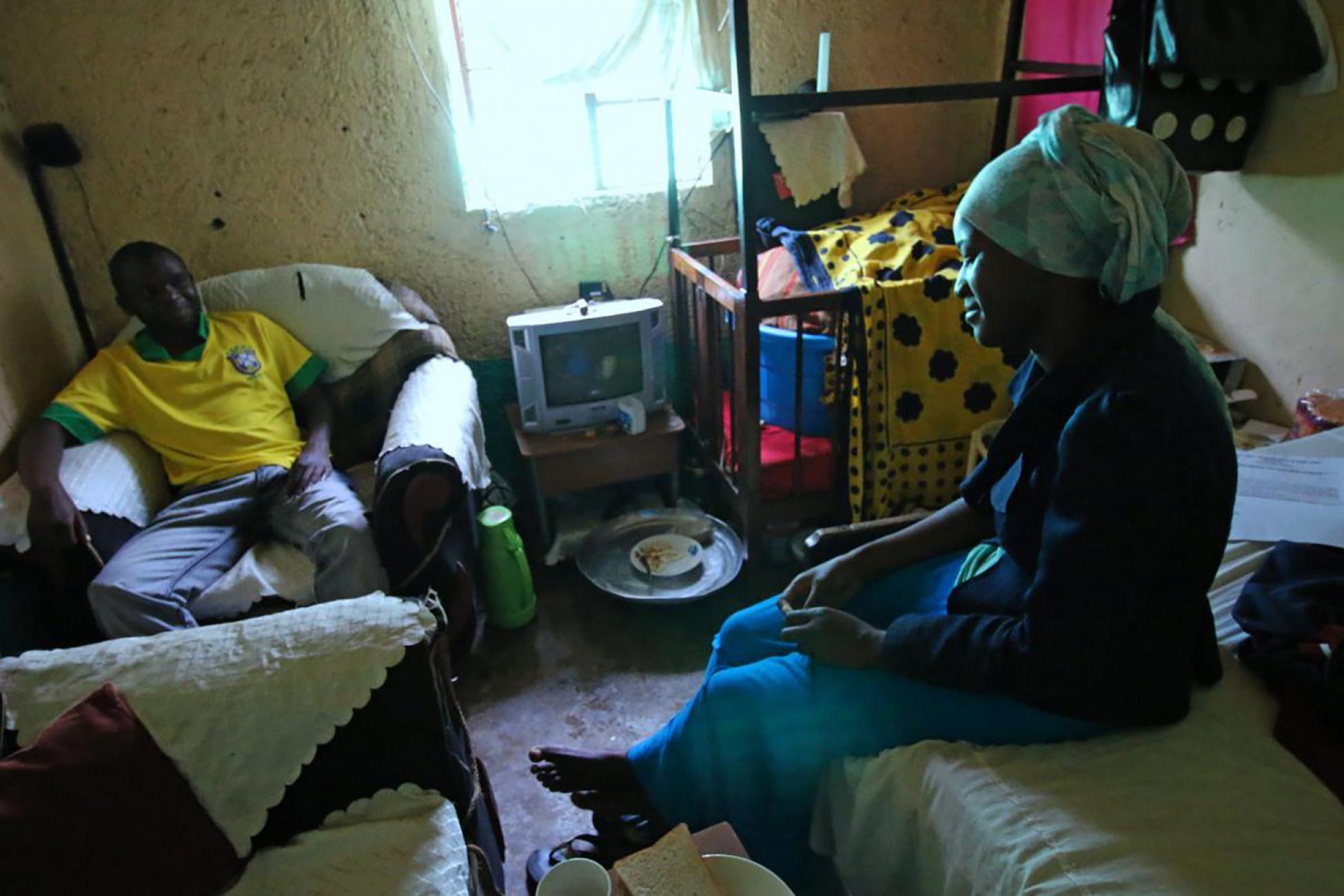Local guides are essential when working within a vulnerable community abroad—especially those who distrust foreigners. Finding a good guide can make or break your experience.
I found my guide, Abzed Osman, through a recommendation from my homestay.
Osman, 27, became a guide seven years ago. He guides tourists around the busy and often-dangerous informal settlement of Kibera, located on the outskirts of Kenya’s capital, Nairobi. Osman was born and raised in Kibera, and acts as my conduit into what he calls “the slum life.”
“You cannot know your way alone,” said Osman. “I act as a linkage to what you want to see in the slums.”
Without a local guide he says, operating in the slum is risky.
“You could be mugged or hurt,” said Osman. “You need me to be safe and sound.”
Kibera is home to over 1.5 million people stretching the area of Central Park. Most residents live on less than a dollar a day. Not only does finding a local guide benefit your work in precarious environments, it also provides a livelihood for a local.
“It acts as employment for me,” said Osman. “It helps me help myself and my family.”
Osman lives in a modest one-room home within one of Kibera’s 13 villages. He comes from a family of nine, and now provides for his girlfriend Judy and their four-year-old daughter Miriam.
Osman usually provides day tours of the Kibera. However, with negotiations I settled on a monthly rate for my longer-term journalism project. Usually working part-time, Osman was happy to have regular employment that would last for two months.
When Osman is not guiding people around he is a strong community advocate for youth and women living with HIV/AIDS.
“I like to take care of people,” he said.
Much of his work includes community sensitization and education towards safe sex and drug abuse—taboos to talk openly about in many areas of East Africa.
Osman’s caring nature is so apparent as he watches over me. He is conscious of the areas he takes me and continually makes sure where I’m operating is safe and welcoming.
Osman dutifully picks me up in the morning to take me into the field. As we walk through Kibera occasionally taking my hand to help me over slippery rocks and streams—he takes me into his world.
He also takes great interest in my curiosity to learn about the place where he lives. I didn’t come to just snap picture of the poverty and heartache. I came to learn about the lives beyond the stereotypes.
“A lot of people have negative perceptions of the slums,” he said. “I try to show and promote the positivity.”
Osman emphasizes the need for tourists to know the history of a place like Kibera—not just see it.
As my guide is heavily involved in the community it is easy to gain people’s trust and find additional contacts. Since I am filming and conducting interviews within Kibera, Osman has been irreplaceable. He sets up filming sites to ensure my security and connects me with the right movers and shakers connected with my project’s topic.
He has been enthusiastic about my work. Osman has gone above and beyond the call of duty. I’ve even been invited to his sister’s wedding.
There is nothing better than being immersed and accepted into a new place and culture. Without a guide, it would be an uphill climb to get the same access and respect.
Tips for Establishing a Relationship with Your Local Guide
• Your guide should always come recommended—especially when working in potentially dangerous parts of the developing world.
• Always arrange payment rates and schedules with your guide right from the outset. This will avoid confusion and conflict.
• Take interest in your guide’s life. Go to their home, meet their family and take tea or whatever communal activity is common in the region you’re travelling in.
Add this article to your reading list




